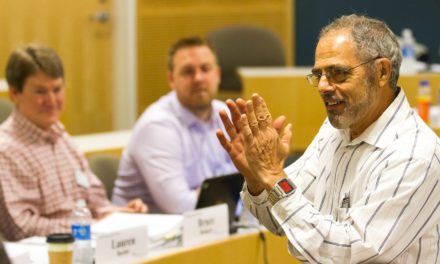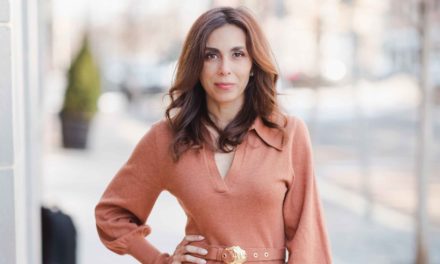How Five Black Alumni Created Entrepreneurial Success after Smeal
Asia Grant started making scented soaps and lotions in her tiny East Village apartment in New York City in July of 2019. With $10,000 in hand and soap-making guidance from YouTube videos, she and Alejandro Cuevas, her business partner and fellow Penn State graduate, launched REDOUX NYC.
“We didn’t know how manufacturing worked. We didn’t know how to set up contracts for a purchasing order,” says Grant, the company’s co-founder and creative director. What they did know was how to create an authentic brand, one that used “scent to capture shared memories.”
From that modest start, REDOUX has attracted a loyal customer base, formed partnerships with Goop and other wholesalers, and was featured in Vogue, Vanity Fair, and The New York Times. On their website, the company sells skincare products, including their best-selling turmeric cleansing bar, and scented candles. They plan to create a high-end fragrance soon.
Grant is a successful Black entrepreneur who graduated from the Penn State Smeal College of Business with a degree in marketing in 2017. She and the four other startup founders and Smeal graduates featured here shared their inspiration, their successes, and the barriers they overcame being people of color in the punishing world of entrepreneurship.

Asia Grant ‘17 Mktg started her career as a consultant for IBM and Capco, but she knew she wanted to create something of her own. Today, her company, REDOUX NYC, manufactures and sells skincare products and scented candles.
Jamie Campbell, associate dean for diversity enhancement at Smeal, says entrepreneurship is a tough road, especially for people of color. “Sometimes it’s difficult. Sometimes it takes longer,” he says. But he said these five Black founders have overcome obstacles. “They all have this incredible gift, are all very industrious, and they understand their respective markets.”
Grant changed her major several times at Smeal and Schreyer Honors College, which ultimately prepared her well for entrepreneurship. She started her career as a consultant at IBM and Capco but knew she wanted to create something of her own.
Grant and Cuevas, a 2018 Penn State graduate in information and cybersecurity, have weathered the ups and downs of building a luxury brand during the pandemic. “It’s 100 percent harder than we thought, but because it’s so hard, it’s that much more rewarding,” she says.
Though Grant doesn’t recall any overt prejudice, she sometimes gets weary of people asking whether the company’s success was tied to the Black Lives Matter movement, as though their sales are made out of sympathy. “We were successful because of the fact that we put the work into our brand, and we created a sense of community around our products.”
Curtis Charles
Curtis Charles was a senior vice president at PUMA, busy marketing and driving the brand’s commercial strategy to connect with younger consumers, when fledgling entrepreneurs would ask him for help reinvigorating their own brands.
“I would love to help you, but I have a day job running a small — you know, $3 billion — business,” he would tell them.
But the more he heard their stories — a talented Black woman or a socially conscious Hispanic man starting businesses — the more he realized that helping them was his real passion. In 2020, he co-founded his company, FFB (Future Favors the Brave) Collaboration, a New York City-based marketing and brand transformation agency, with three other partners.
“…If I can help them get to the next level, with my brand experience, connections, and commercial knowledge, that is my calling now.”

Curtis Charles ‘95 Mktg has applied his experience with brands such as PUMA and Adidas to help mission-driven startups as well as established businesses connect with their audiences and attract younger consumers.
He has used his experiences with brands such as PUMA, Saks Fifth Avenue, and Adidas Group, where he helped forge partnerships and brand strategies with the likes of Rihanna, The Weeknd, Jay-Z, and Lady Gaga, to help startups and established businesses with a purpose-driven mission to attract young consumers and connect better with their audiences.
“There are so many great stories about brands that have been dormant, brands that are struggling, and new brands. If I can help get them to the next level, with my brand experience, connections, and commercial knowledge, that is my calling now,” says Charles, the managing partner, CEO, and chief marketing officer.
From the time he was at Smeal, where he completed a bachelor’s degree in marketing in 1995, he knew he was interested in inspiring consumers in the retail, fashion, and CPG spaces.
Unlike other businesses that were devastated during the pandemic, FFB thrived as entrepreneurs and companies looked for guidance on how to adjust to the new uncertainties of the world. FFB’s annual sales have grown to more than $20 million.
His advice? “You have to have thick skin. Sometimes you can do a great pitch or have a great meeting and then something happens. You have to be nimble, flexible, driven by a greater purpose.”
Charles says entrepreneurs of color are often held back by lack of access to financing and mentors. They also are pigeonholed as only being good at attracting minority customers, when in fact, they can reach a broad audience and drive commercial success with the right strategy and unabated passion.
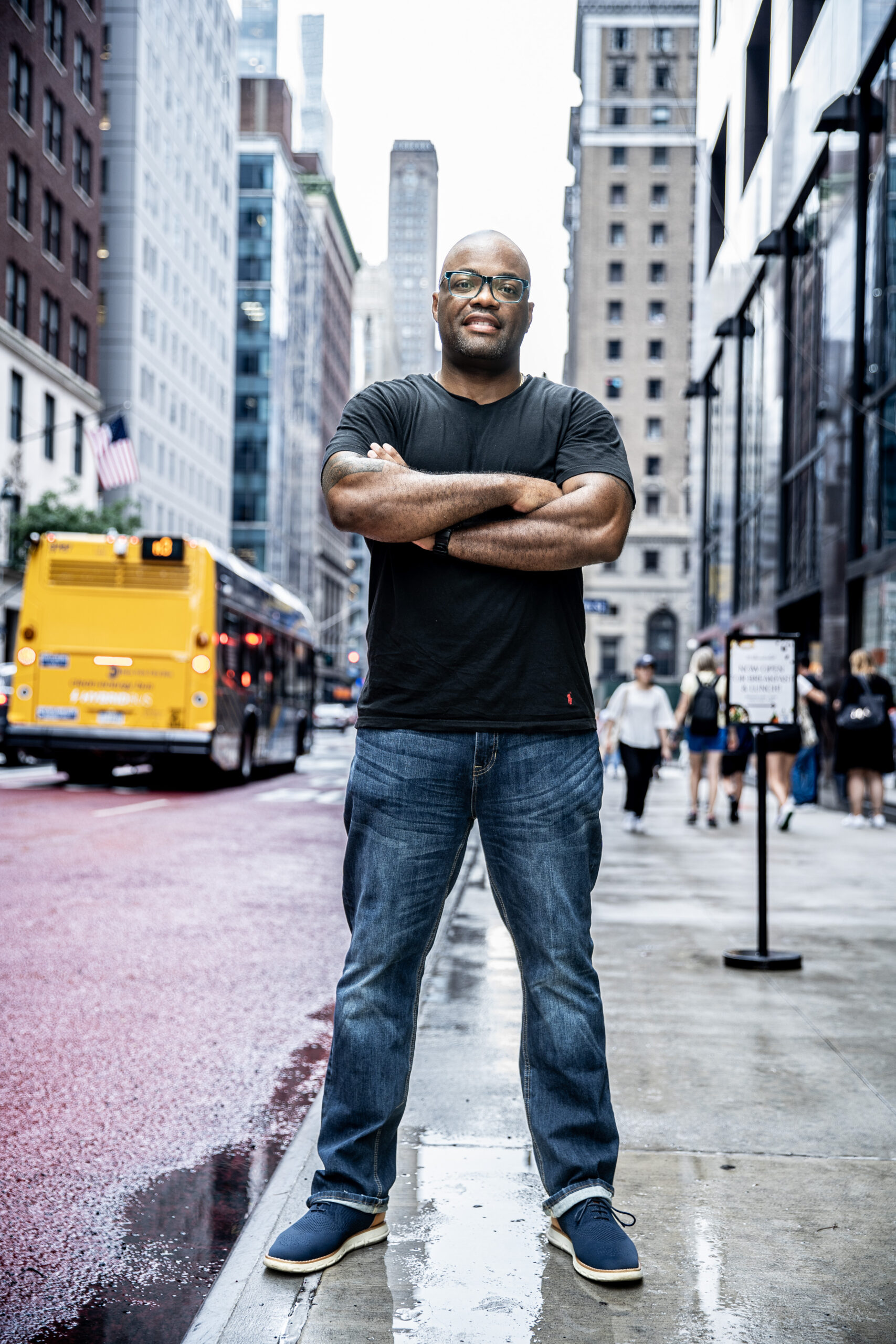
Applying the lessons he learned from Smeal and the corporate world, Castleigh Johnson ‘03 MgmtIB started MyHomePathway to help people of color achieve their dream of home ownership.
“Find the support that you need, because in those tough, lonely moments, you will need to talk to people who believe in you and who have traveled the journey before you.”
Castleigh Johnson
Castleigh Johnson knows that while one of the best ways to build wealth is through home ownership, too many people of color are denied that white-picket-fence American dream, especially with rising home prices.
He founded a Fintech company, My Home Pathway, to help change the mortgage acquisition process and increase the home ownership rate among Blacks, which is 44 percent, compared to 74 percent for whites.
Johnson, a Bunton-Waller Scholar who graduated from Smeal in 2003 with a bachelor’s degree in management and international business, founded the company in 2020. The free app provides an assessment of the user’s finances and helps with improving their credit and obtaining pre-approval for mortgages. He has partnered with banks and other financial institutions to give consumers who have been denied a loan an opportunity to improve their profile.
Johnson says he applied the lessons he learned from Smeal and the corporate world, where he worked for Goldman Sachs, Bank of Montreal, and the Federal Reserve Bank of New York, to develop a revolutionary platform that helps users navigate the complex mortgage acquisition process — one that is riddled with inequities.
My Home Pathway has continued to build momentum in 2023, including being featured on a billboard in the heart of Times Square in New York by Brex, a startup bank. Johnson was also accepted to Google for Startups — Black Founders Accelerator program in September 2023.
Moving forward, he is now focused on his Seed Stage Venture Capital fundraising to continue to grow his business and help more people attain the dream of home ownership.
Reflecting on his own pathway to success, Johnson urges founders to network with other entrepreneurs. “Find the support that you need,” he says, “because in those tough, lonely moments, you will need to talk to people who believe in you and who have traveled the journey before you.”
Ryan K. Brown
Ryan K. Brown Jr. and his wife, Iman McDonnaugh-Brown, were confident their hot sauce brand would stand out in a crowded field. Made from a recipe handed down from Iman’s Trinidadian grandmother, they called it We Are Wonderfully Made. But just after they brought it to market at the beginning of 2020, trade shows shut down. So, they got creative, selling their hot sauces at farmer’s markets and outdoor festivals.
“…we would have never imagined being able to sell on Amazon.”
Today the sauces are sold on the business’s website, as well as Amazon and have been included in two subscription boxes. “Thinking back to our first year, we would have never even imagined being able to sell on Amazon,” Brown says.
Brown received a master’s degree in corporate innovation and entrepreneurship from Smeal in 2011. He became a naval officer before becoming a diversity, equity, and inclusion practitioner and program manager with Johnson & Johnson, a job he still holds.

A former naval officer and current program manager with Johnson & Johnson, Ryan K. Brown ‘11 CIENT teamed up with his wife, Iman McDonnaugh-Brown ‘11 Com to establish a line of hot sauce products inspired by recipes handed down by McDonnaugh-Brown’s Trinidadian grandmother.
That has led to long days, waking up at 4:30 a.m. and often going to bed at 11 p.m. Iman, a broadcast journalism graduate of Penn State, jointly runs the company and also models and acts.
As a Black entrepreneur, Brown says he believes it has been harder to get financing than it is for his white counterparts.
His advice for aspiring entrepreneurs: “Don’t take no for an answer. There are so many people who will inevitably count you out. But if you are truly passionate about what you do, the moment you step in front of your customer, they will feel that passion and will absolutely be with you for life.”
Keshia Davis
From the time she was 12, Keshia Davis worked Saturdays at her Aunt Denise’s bakery in North Philadelphia, cracking eggs and adding flour to the pound cake, bread, and other baked goods that attracted a loyal following. Years later, while studying economics at Smeal, she would come home for the summers and work at Denise’s Delicacies.
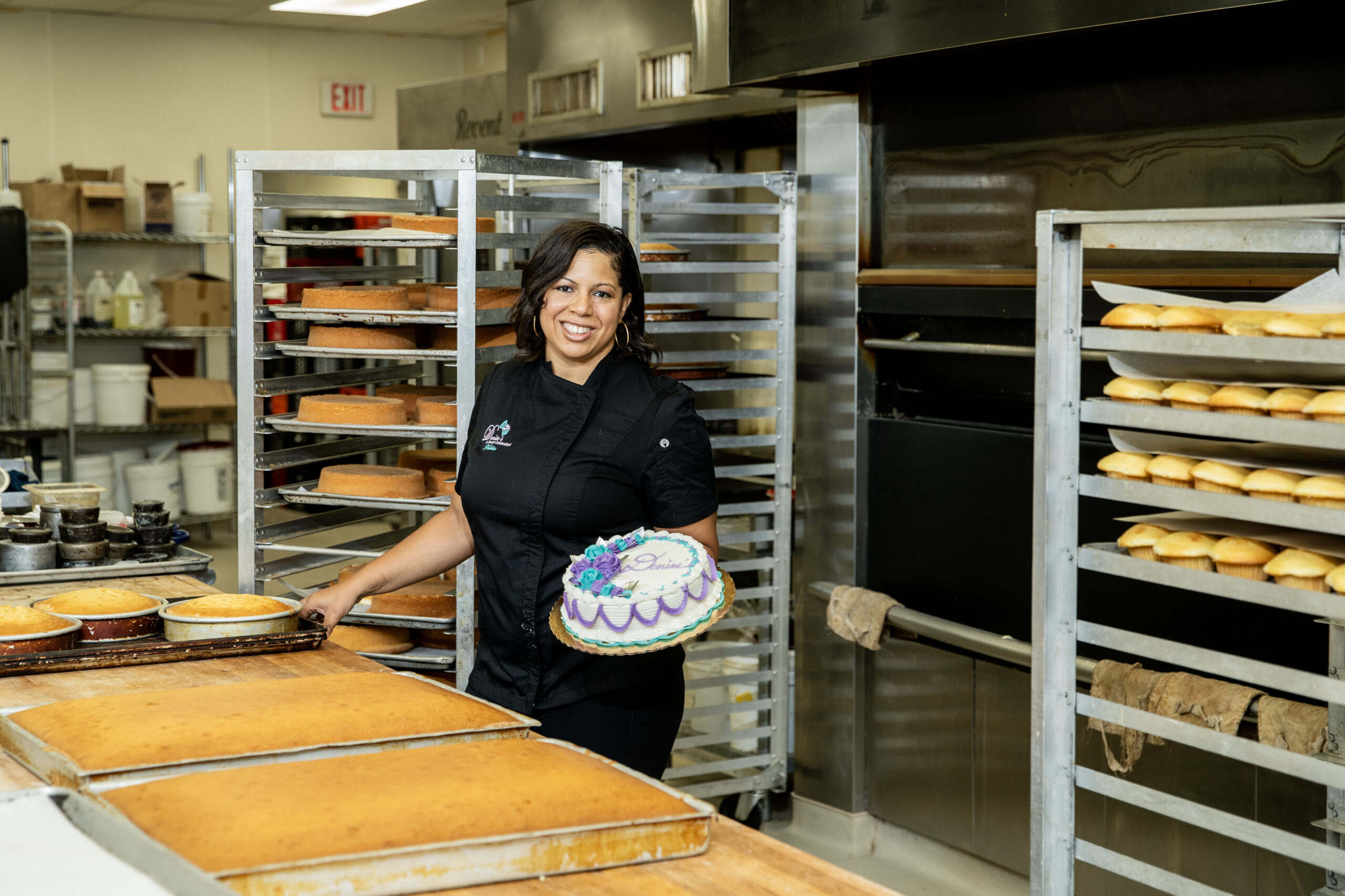
Keshia Davis ‘99 Econ has applied the concepts of supply chain management and cost-efficiency that she learned at Smeal to Denise’s Delicacies, a well-known North Philadelphia business that she purchased from her aunt in 2018.
When her aunt retired in 2018 and began looking for buyers, Davis believed that none of those people would do justice to her aunt’s baking legacy.
Davis, who had worked as a financial advisor and then project manager at companies including Aramark, asked her aunt, “Why not sell it to me?”
Along with Cynthia Benton, Davis took over the business using all the original recipes. “If we didn’t, our customers would kill us,” she says with a laugh.
“It may not work the first time. Most likely it won’t. Get yourself back up and learn from that failure.”
Then the pandemic hit, and after closing for six weeks, the loyal customers returned. She was soon hit with supply chain problems and, more recently, inflation. With egg prices quadrupling, she had to raise prices without risking alienating her neighborhood customers.
She employs the concepts of cost efficiency and supply chain management she learned at Smeal, where she graduated with a bachelor’s degree in economics in 1999. She also received a graduate certificate at The Wharton School of the University of Pennsylvania and a master’s degree in business administration with a focus on international business from St. Joseph’s University in Philadelphia.
While honoring her aunt’s legacy, she is looking for new ways to make revenue, such as expanding into more grocery stores. She also has approached Amazon to explore the feasibility of shipping.
Her advice to aspiring entrepreneurs: Plan to fail. “It may not work the first time. Most likely it won’t. Get yourself back up and learn from that failure. Keep learning and be creative.”
